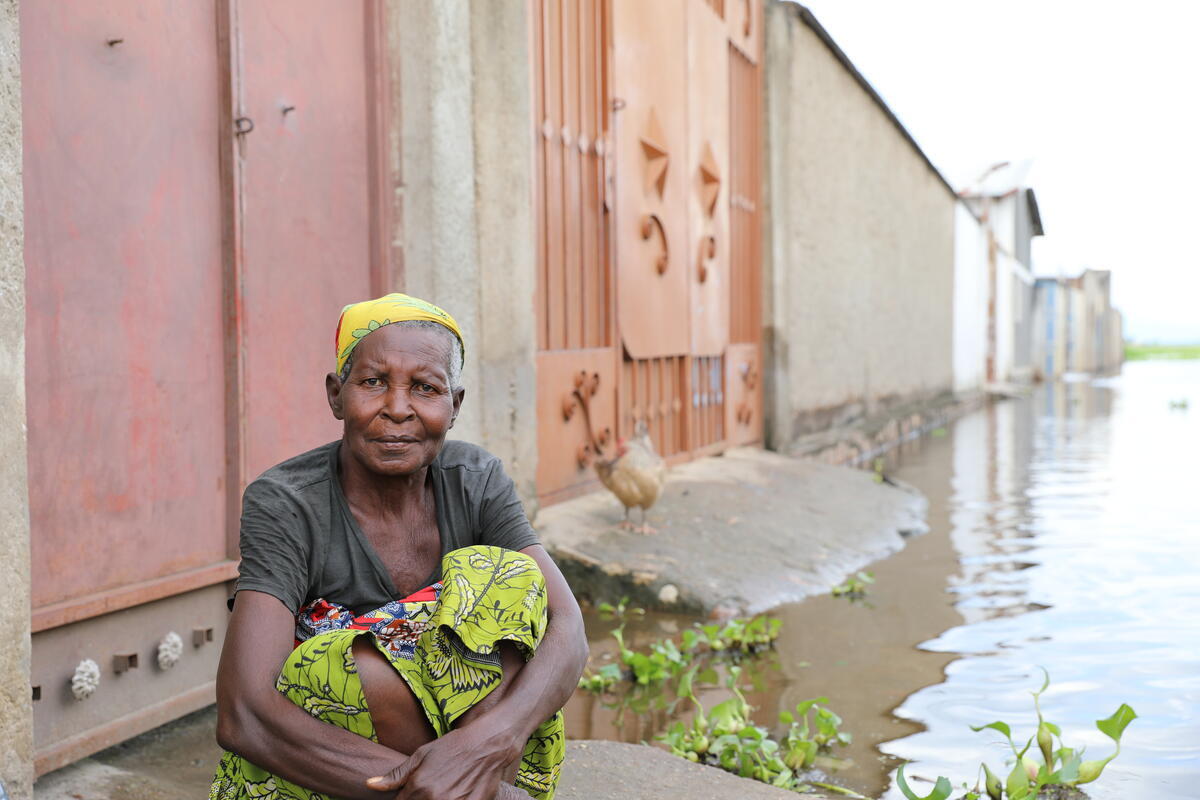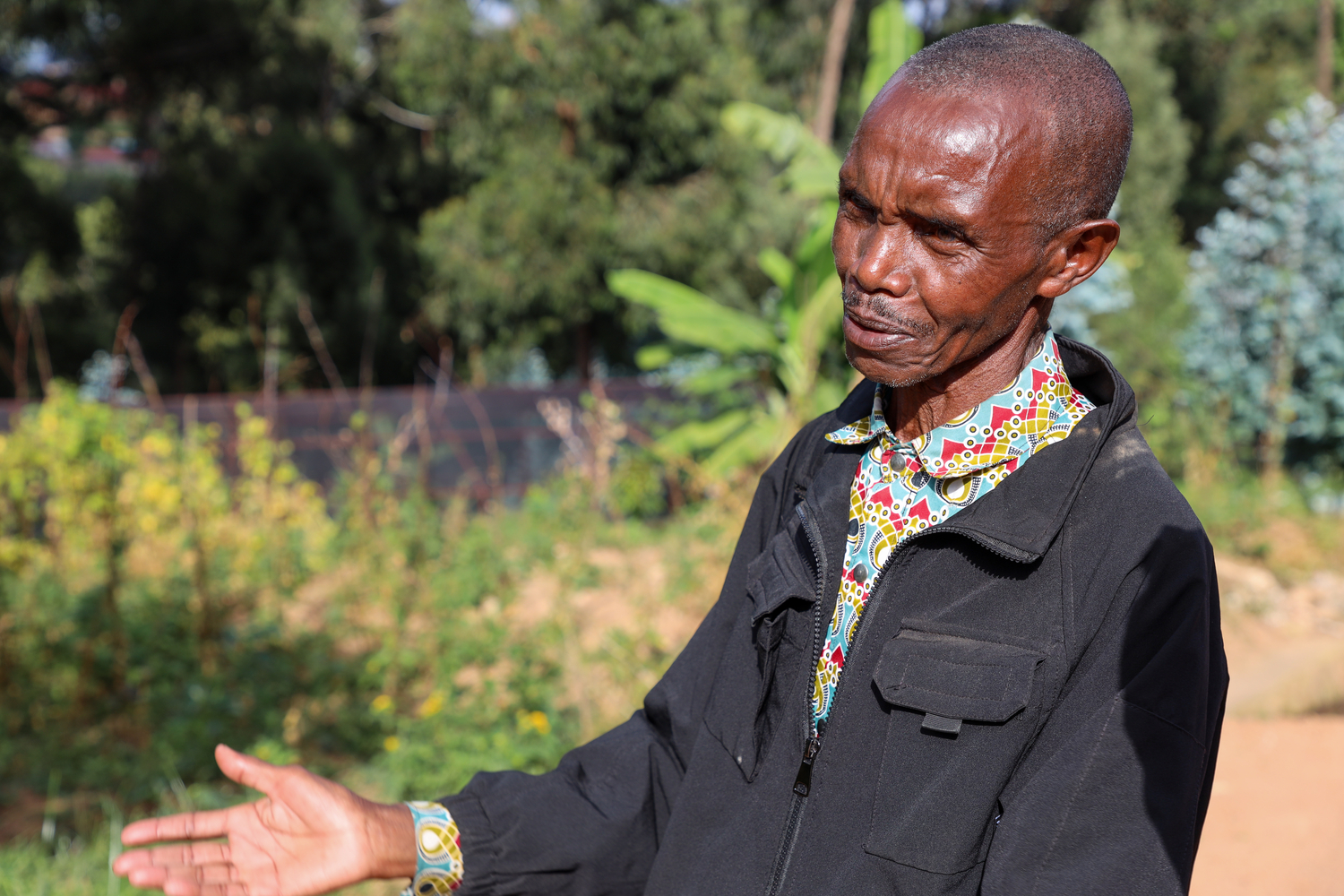Burundi: new influx of Rwandans
Burundi: new influx of Rwandans
Last Friday, we informed you that makeshift transit sites along the Burundian border were rapidly emptying as thousands of Rwandan asylum seekers left, either to go home or to hide in neighbouring areas. We also shared our concerns at reports from some asylum seekers that they had suffered intimidation by the Burundian army to force them to go back to Rwanda. By the end of last week, all but one of the seven temporary sites along the border were empty. Some 1,500 asylum seekers remained at the border site of Marangara, while around 2,000 remained further inland in two centres that were set up earlier to provide them with better assistance.
This week, our office in Bujumbura informs us of a new influx of Rwandans into Burundi. Our partners on the ground estimate that some 3,000 to 3,500 new arrivals have come from Rwanda this week, once again bringing the overall total of Rwandans seeking asylum in Burundi since early April to 7,000. Most of the latest arrivals are staying at two border crossing points, Busiga and Mwumba.
Our concerns for these people remain the same. The sites on which they are staying have no facilities - no shelter, often no access to water, and no latrines. A large proportion of the asylum seekers are women and children. Furthermore, UNHCR is always concerned when asylum seekers are staying along a border - it is one of our policies to move such groups as quickly as possible to safer locations.
We are still requesting authorisation to move the asylum seekers to our inland transit centres - Canzuko and Songore. UNHCR had started moving the previous group of asylum seekers to these two camps in mid-April, but the Burundian authorities halted all transfers a week later.
The asylum seekers say they fled to Burundi because of fears over the "gacaca" tribunals looking into the Rwandan genocide, but also citing threats and rumours of massacres and revenge attacks as reasons for leaving their country.







